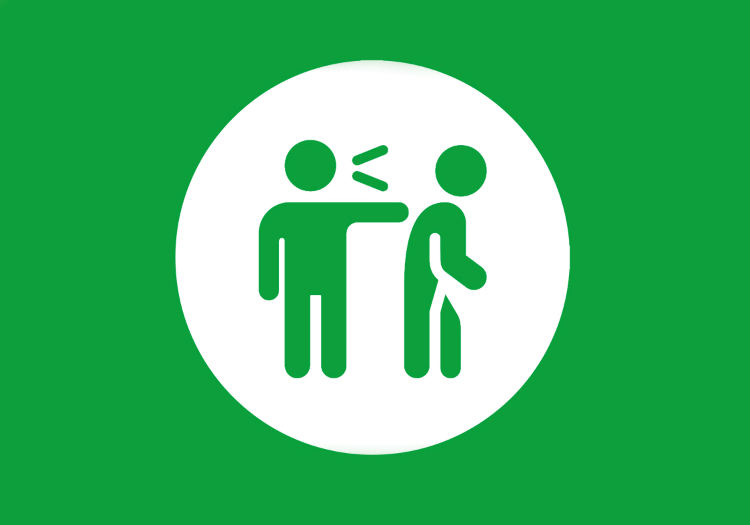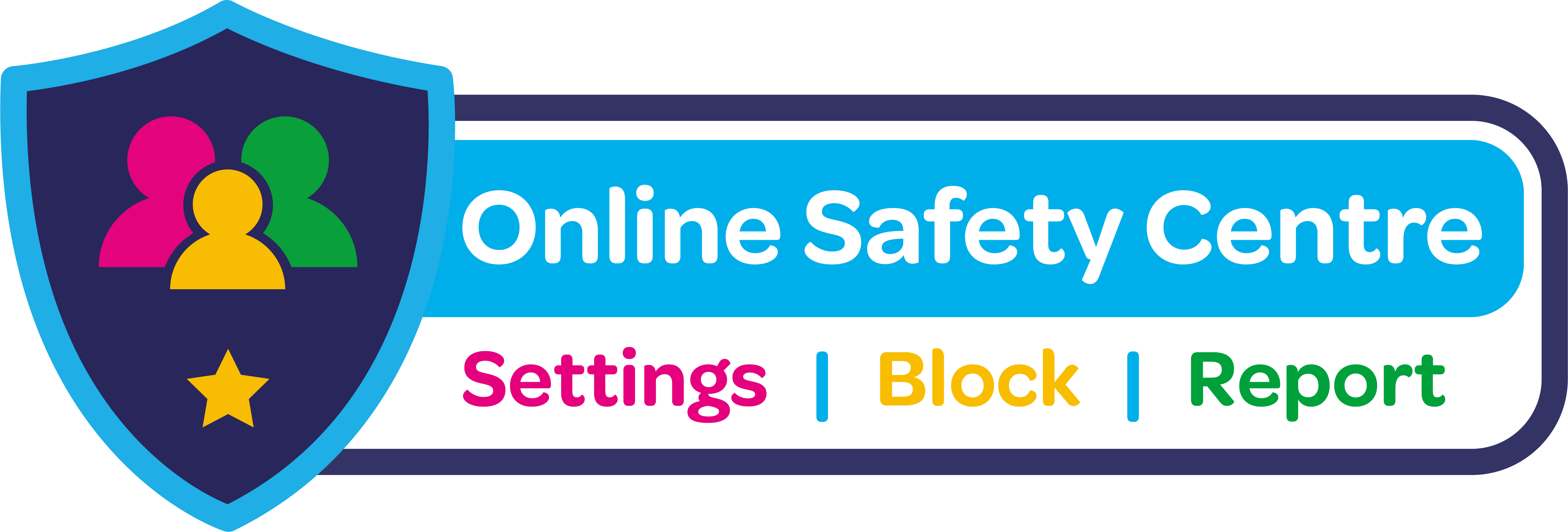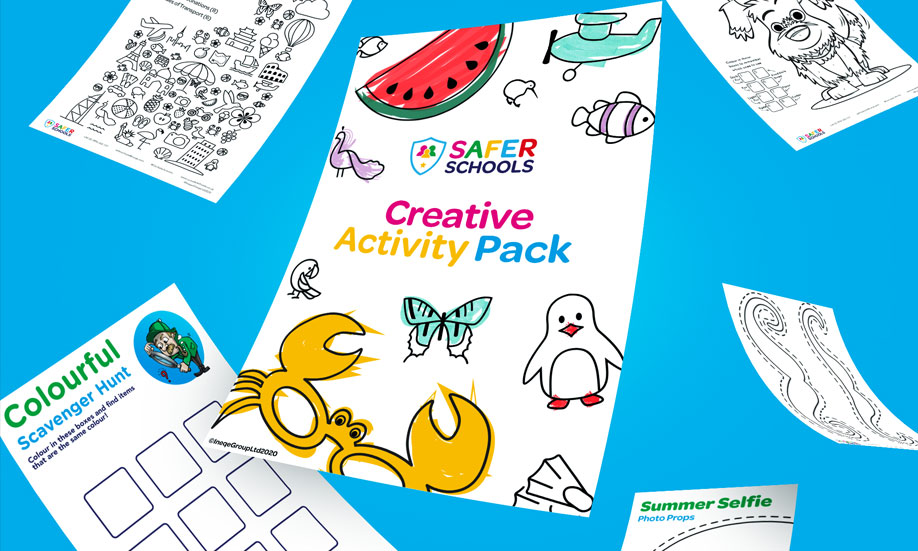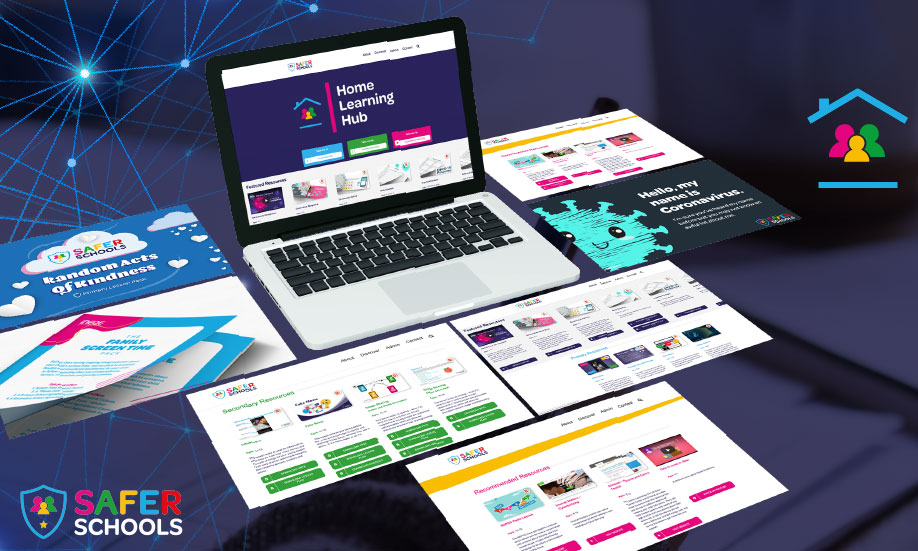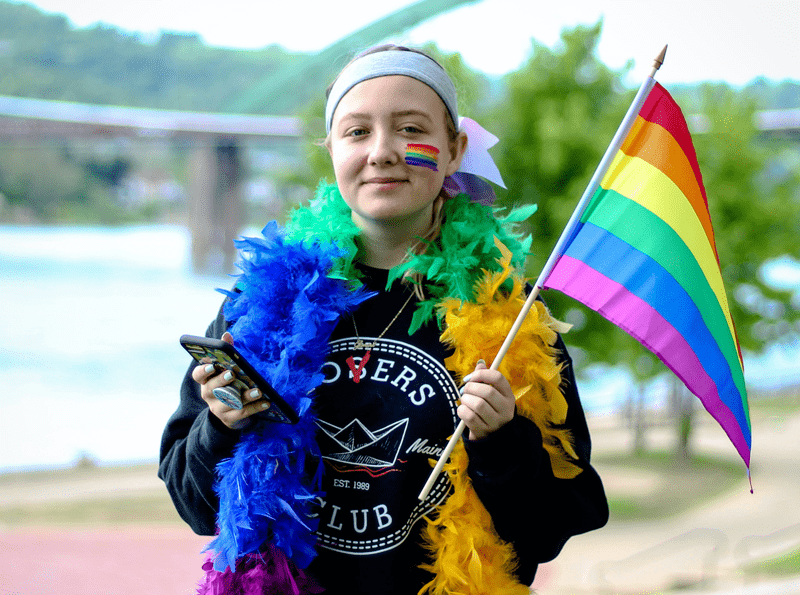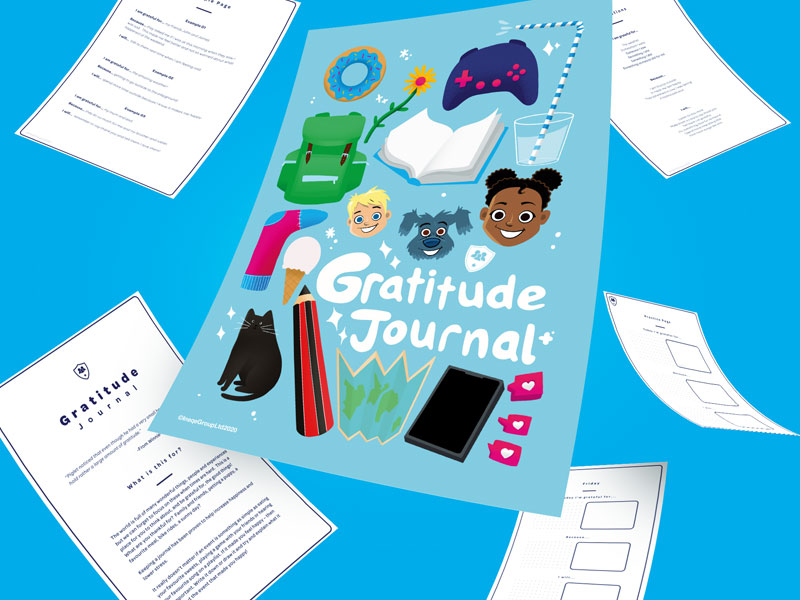Every child and young person has the right to learn in a safe and healthy environment free from bullying, harassment and intimidation in all forms. Unfortunately, bullying still happens inside and outside of school, but most cases are resolved quickly.
Bullying is harmful behaviours directed at one person or a group. It can include verbal, physical, psychological or socially harmful behaviours that can inflict harm, stress and injury. Children can feel discouraged from telling someone they trust about bullying for fear of things escalating or from worry or hopelessness that it won’t stop.
The difficulty of knowing if a child is being bullied, is one that worries parents, teachers and carers. But one or more changes in a child’s mood, physical appearance and behaviours could be an indicator that a child in your care is being bulled.
Recognising the warning signs early is a step closer to taking action to stop the bullying, but be aware that not all children show these signs. These signs could also be a sign of other issues in a young persons life.
We have put together 10 indicators you need to look out for:
For further assistance, check out our Teach Hub, where you can access our lessons on bullying. Log in for free using this code: EDU-SAF-SCH-TH
For confidential parenting family support you can contact Family Lives on their website (see below) or on 0808 800 2222.
If you have concerns about the immediate safety of a young person, you should contact the emergency services on 999 (emergency number).
Signposting to Supports
GOV.UK – Making a complaint about bullying
NSPCC – Bullying and Cyberbullying
Internet Matters – Cyberbullying
Anti Bullying Alliance – Advice for Parents
Bullying UK (Family Lives) – Advice for Parents
DFE – Advice for Parents and Carers on Cyberbullying
Kidscape – Advice for Parents and Carers
Don’t forget! Check out the ‘Health & Wellbeing’ section of your Safer Schools App for more help & information.
Do you receive our Safeguarding Alerts?
Receive regular updates to help you safeguard children in a digital era.


